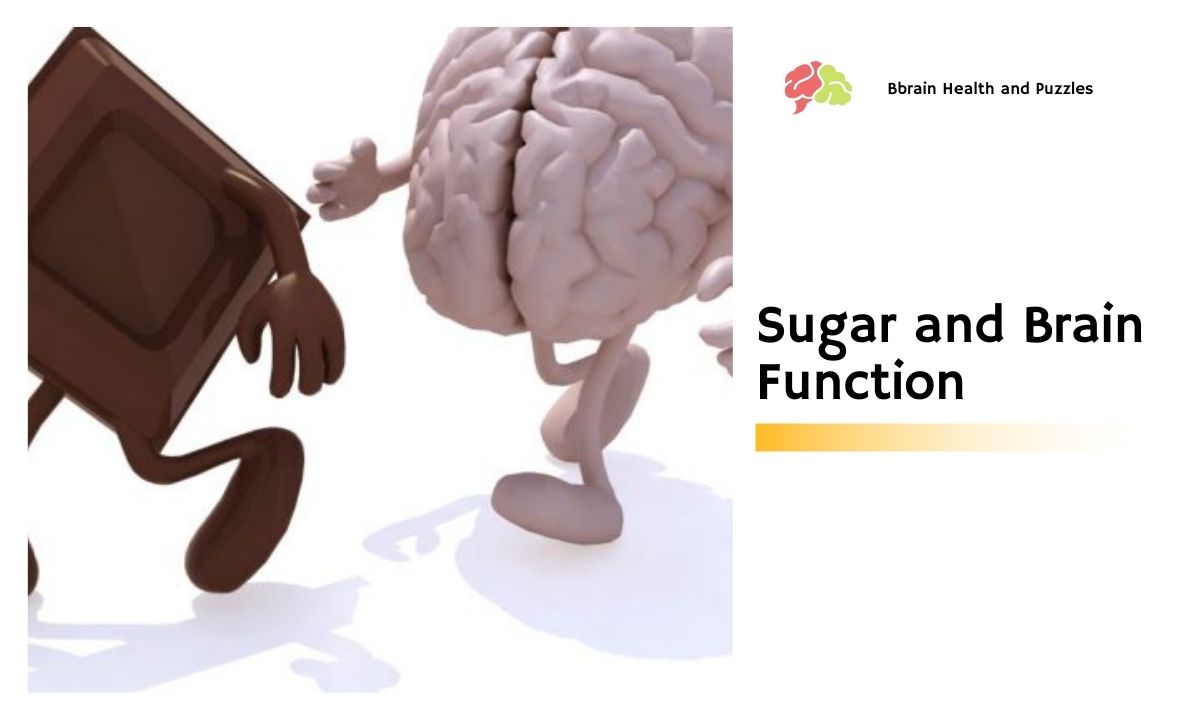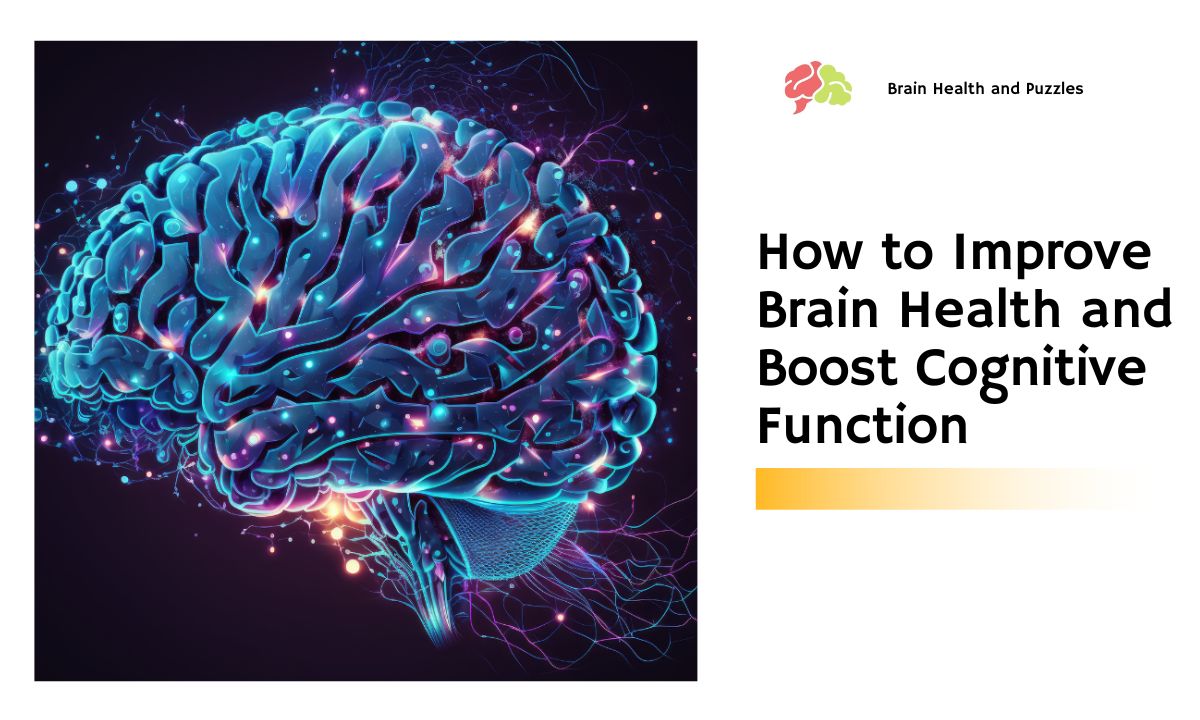Sugar and Brain Function: Unveiling the Sweet and Sour Connection

Sugar has long been a subject of debate in the realm of nutrition, and its impact on our health, particularly on the brain, has been a topic of increasing concern. In this article, we will delve into the intricate relationship between sugar and brain function, exploring the sweet and sour aspects of this connection.
Understanding Sugar Types: The Good and the Not-So-Good
There are various forms of sugar, and not all sugars are created equal. Natural sugars, found in fruits and vegetables, come packaged with essential nutrients and fiber, providing a slow and steady release of energy. On the other hand, added sugars, often present in processed foods and sugary beverages, can have detrimental effects on both physical and mental health.
The Immediate Sugar Rush and Cognitive Performance
Consuming foods high in added sugars can lead to a rapid spike in blood glucose levels, providing a burst of energy commonly known as a sugar rush. While this surge may offer a temporary boost in alertness and mood, it is often followed by a crash, leaving individuals feeling fatigued and irritable. Understanding this rollercoaster effect is crucial in evaluating the impact of sugar on cognitive performance.
The Long-Term Effects: Sugar and Cognitive Decline
Recent research suggests a link between high sugar intake and cognitive decline, raising concerns about the long-term consequences of excessive sugar consumption. Studies indicate that diets rich in added sugars may contribute to a higher risk of conditions like dementia and Alzheimer’s disease. Exploring these findings sheds light on the importance of mindful sugar consumption for long-term brain health.
Sugar and Inflammation: A Double-Edged Sword
Inflammation in the body is a natural response to stress or injury. However, chronic inflammation, often associated with diets high in added sugars, can have detrimental effects on the brain. Understanding the role of inflammation in the sweet-and-sour connection between sugar and cognitive health is essential for making informed dietary choices.
Balancing Act: Sugar in Moderation
While the potential negative effects of excessive sugar consumption are clear, it’s essential to highlight the importance of balance. Completely eliminating sugar from the diet is neither realistic nor necessary. Striking a balance by choosing natural sugars from whole foods and being mindful of added sugars in processed items is a key aspect of maintaining optimal brain function.
Healthy Alternatives: Nourishing the Brain
Opting for nutrient-dense snacks and desserts can satisfy sweet cravings without compromising cognitive health. Exploring alternatives like fresh fruits, yogurt with honey, or dark chocolate in moderation provides a way to indulge in sweetness while supporting brain function with essential nutrients.
Sugar and Mental Health: A Complex Connection
Beyond cognitive function, sugar consumption can also influence mental health. The interplay between sugar, mood, and mental well-being is a complex web that researchers are actively unraveling. Understanding how sugar impacts neurotransmitters and the brain’s reward system provides insights into its broader effects on mental health.
Practical Tips for Mindful Sugar Consumption
Navigating the landscape of sugar and brain health involves making informed choices. Some practical tips include reading food labels for hidden sugars, opting for whole foods over processed snacks, and gradually reducing added sugar intake. Small, sustainable changes in dietary habits can contribute to significant improvements in cognitive and overall health.
Conclusion
The sweet-and-sour connection between sugar and brain function is a multifaceted aspect of nutrition. While added sugars pose potential risks to cognitive health, natural sugars from whole foods play a role in providing essential nutrients. Striking a balance, being mindful of sugar sources, and opting for healthier alternatives are key steps in ensuring that our love for sweetness doesn’t compromise the well-being of our most vital organ—the brain.
FAQs
Q: Can I completely eliminate sugar from my diet for better brain health?
A: While reducing added sugars is beneficial, eliminating natural sugars from whole foods is not necessary. Balance is key.
Q: Are there specific types of sugar that are better for brain health?
A: Natural sugars found in fruits and vegetables are preferable over added sugars in processed foods.
Q: How does sugar affect mood and mental well-being?
A: Sugar can influence neurotransmitters and the brain’s reward system, impacting mood and mental health.
Q: What are some healthy alternatives to satisfy sweet cravings?
A: Fresh fruits, yogurt with honey, and dark chocolate in moderation are nutritious alternatives.
Q: Can reducing sugar intake improve cognitive function in the long run?
A: Yes, gradual reduction of added sugars, coupled with a balanced diet, can contribute to improved cognitive function over time.
Read More: Lou Ruvo Center for Brain Health



